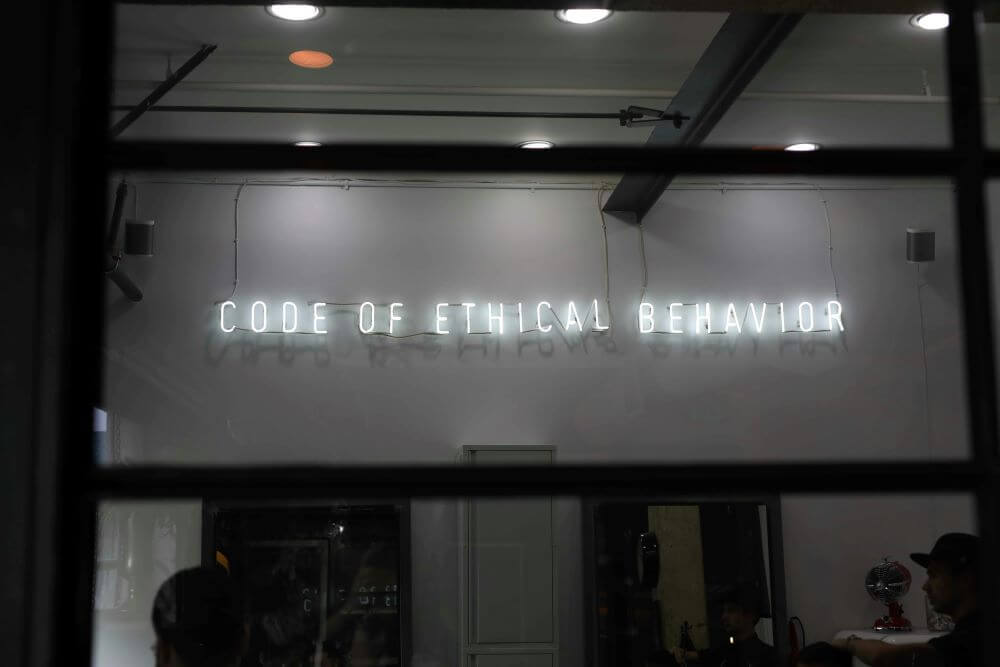Trust isn’t built through slogans or polished campaigns – it’s built through actions. In business, every financial decision says something about who a company really is. The numbers might show profit or loss, but the ethics behind those numbers reveal the character of the organisation.
What Financial Ethics Really Means
At its core, financial ethics means applying moral principles to money management – doing what’s right, even when it’s not convenient. It’s about honesty in reporting, fairness in pay, and integrity in how profits are used. When financial choices reflect moral clarity, people notice. Investors feel confident. Employees feel valued. Customers feel respected.
In today’s marketplace, transparency has become its own kind of currency. A Deloitte study found that three out of four consumers prefer brands that are open about their business practices. Clarity isn’t just good manners; it’s good strategy.
Why Integrity Outperforms Ambition
The business world is full of companies chasing quick wins, but the ones that last are those that build on integrity. Think of Patagonia or Unilever; both have turned ethical finance into brand power. Their success stories prove that when people trust your values, they also trust your products.
A Harvard Business Review analysis found that companies weaving ethics into their operations outperform others. It makes sense – transparency attracts loyalty, and loyalty is priceless. When numbers are clean and intentions are clear, every stakeholder feels safer investing time, money, or belief in the brand.
How Trust Grows from the Inside Out
Ethics can’t just be a public statement; it has to live within a company’s culture. When management is open about spending, salaries, and goals, employees feel part of something genuine. That inner trust quietly shapes how the world sees the business.
Investors, too, are paying closer attention to integrity. Many now look beyond financial performance to evaluate how responsibly a company operates – examining governance, sustainability, and social impact before committing their capital. Transparent practices signal long-term stability, and that assurance often matters as much as short-term profit. Transparency, once optional, has become a factor in survival.
Giving as a Reflection of Integrity
Nothing tests a company’s moral foundation quite like how it gives back. Donations and community programs reveal the real motivation behind the balance sheet. When generosity is authentic, it resonates beyond numbers.
Ethical giving has existed in every culture for centuries. Tzedakah in Judaism, tithing and almsgiving in Christianity, and zakat donation in Islam all follow the same belief – that wealth carries responsibility. Each of these traditions encourages structured, transparent giving that ensures fairness and care for those in need. It’s a timeless model of ethical accountability that modern businesses can learn from.
When a brand mirrors those values, giving becomes more than public relations – it becomes part of its purpose. Customers can tell the difference between a genuine act of goodwill and one driven by marketing metrics.
The Future Belongs to the Transparent
The next era of business will belong to companies that act with clarity and compassion. Financial scandals spread fast, but so do examples of integrity. In an age where every transaction can be traced and every story can go viral, openness is the best insurance policy a company can have.
Financial ethics isn’t just about avoiding wrongdoing; it’s about doing right – consistently, visibly, and intentionally. Money managed with conscience builds reputations that outlast trends.
Trust might not appear in quarterly reports, but it shows up everywhere else – in loyal customers, steady investors, and employees who believe in what they’re building. In the end, transparency isn’t a cost. It’s the investment that pays back forever.




